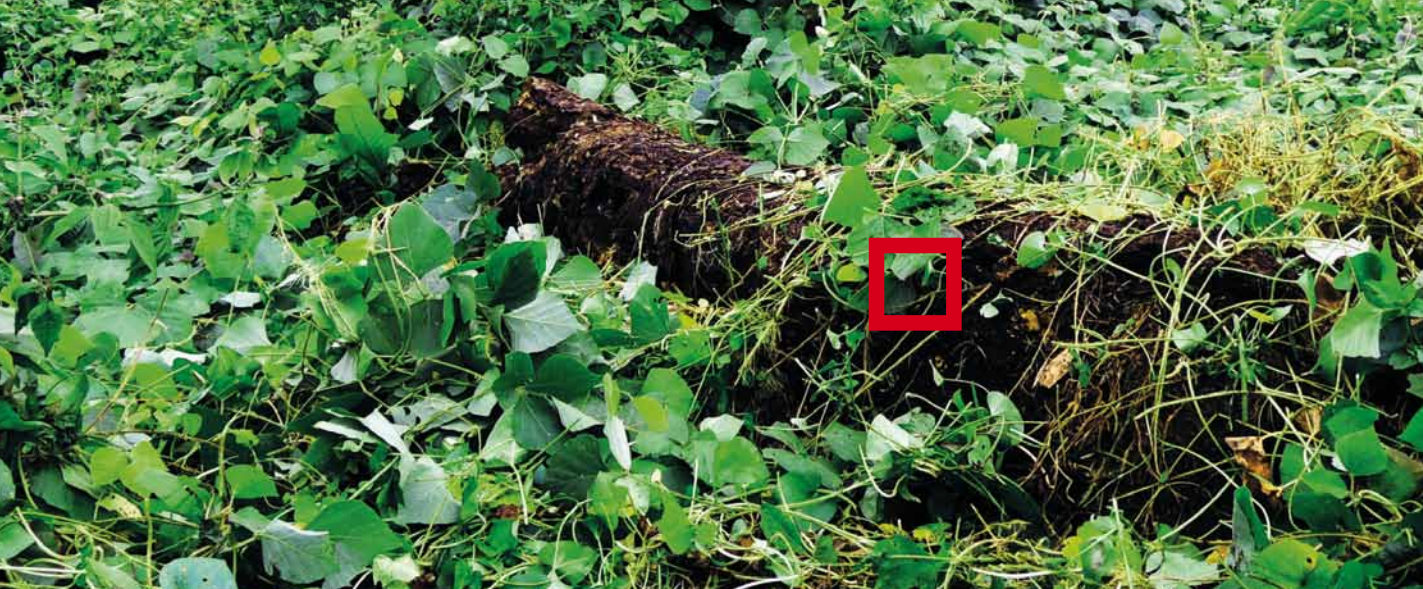
Vattenfall’s exit from Liberia jeopardises local livelihoods
Farmers in Liberia have been negatively affected by the decision by Vattenfall and Swedfund to terminate their involvement in the Liberian biomass company Buchanan Renewables.
This is one of the key findings of research published today by SOMO, Green Advocates and Swedwatch. The report, Cut and Run, concludes that Vattenfall and Swedfund conducted insufficient due diligence to identify and prevent the negative impacts of their divestment on local rubber farmers arising from their divestment.
The report follows up on findings in the 2011 report Burning Rubber, which described the impacts of Buchanan Renewables on sustainable development in Liberia. Buchanan Renewables, in which the Swedish companies had a minority share, sourced old rubber trees from smallholder farmers and planted young rubber trees to replace them. Smallholder farmers relied on Buchanan Renewables to support them in maintaining young rubber trees during the seven years before the trees start producing rubber.
At the time of publication of Burning Rubber, the relations between Buchanan Renewables and smallholder farmers had begun to improve, and maintenance of the young trees had picked up. However, after Vattenfall and Swedfund decided to end their relationship with the company and divest in May 2012, Buchanan Renewables terminated the contracts with all smallholder farmers. As a consequence, these farmers are now faced with the significant financial burden of maintaining trees that are not yet generating any income. As a result, these farmers are facing considerable difficulties sustaining their livelihoods.
Additionally, the research revisits the charcoal producers at and around large rubber estates, who have been facing difficulties sourcing enough wood due to Buchanan Renewables’ presence. These charcoal producers are still facing difficulties gathering the needed wood to make a living, and have adopted several different coping strategies, including a move to natural forests. Charcoal producers also report having to pay fees to source wood left over from Buchanan Renewables’ operations, which goes against the company’s own policies.
Finally, this research addresses the company’s corporate structure, which includes mailbox companies in known tax havens such as the Netherlands, Luxembourg and Guernsey. While this corporate structure remained unchanged during the last year, the practice of using empty holdings in favourable tax locations has come under increased scrutiny internationally. Buchanan Renewables’ use of such entities is not in line with the company’s image of a sustainable company, and might deprive the Liberian government of future tax revenues.
Do you need more information?
-

Joseph Wilde-Ramsing
Advocacy Director
Partners
Related content
-
Cut and Run Published on:
 Joseph Wilde-RamsingPosted in category:Publication
Joseph Wilde-RamsingPosted in category:Publication Joseph Wilde-Ramsing
Joseph Wilde-Ramsing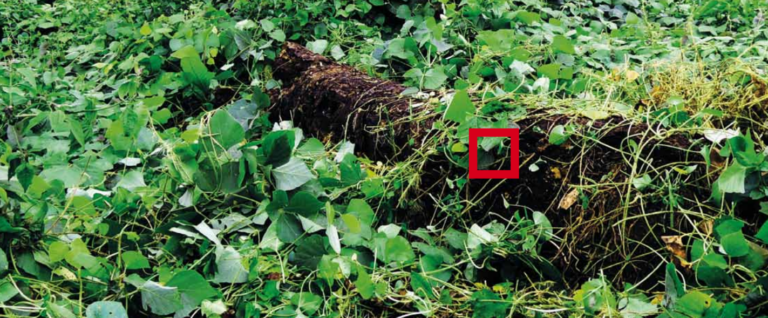
-
-
Burning Rubber Published on:T. SteinwegPosted in category:PublicationT. Steinweg
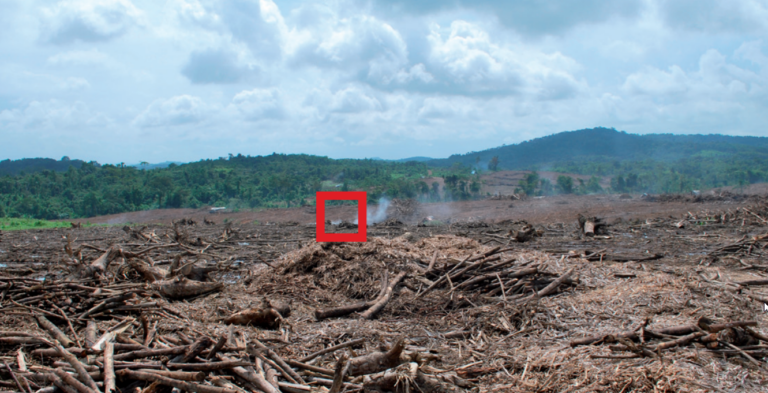
-
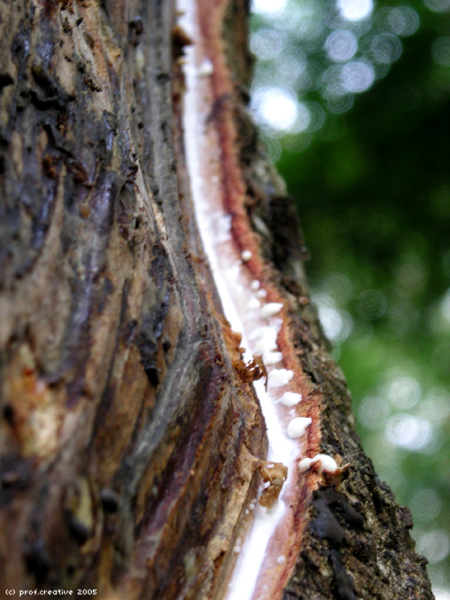 Complaint filed in the United States for adverse impacts of Buchanan RenewablesPosted in category:NewsPublished on:
Complaint filed in the United States for adverse impacts of Buchanan RenewablesPosted in category:NewsPublished on: -
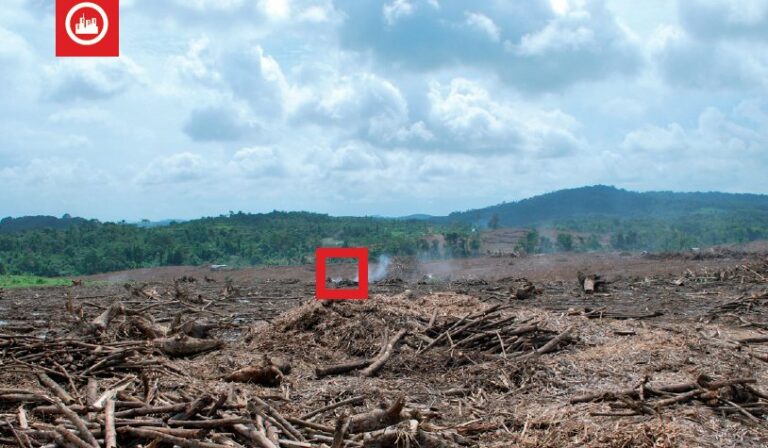
-
 New dispute: Vattenfall vs. Germany. German nuclear phase-out put to the test?Posted in category:NewsPublished on:
New dispute: Vattenfall vs. Germany. German nuclear phase-out put to the test?Posted in category:NewsPublished on:

